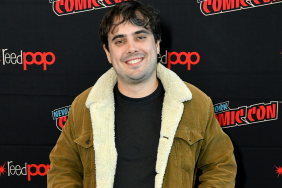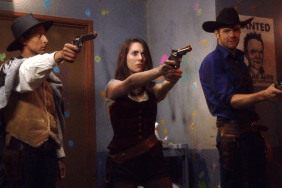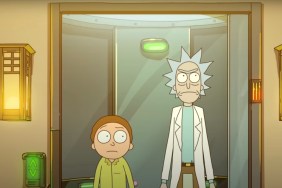
Dan Harmon and Justin Roiland are back on Adult Swim as Rick and Morty season three premieres this Sunday!
Almost two years after the end of the hit animated series’ second season, Rick and Morty is finally back this Sunday! While fans got a surprise early season three premiere as part of an April Fools’ Day gag,…








